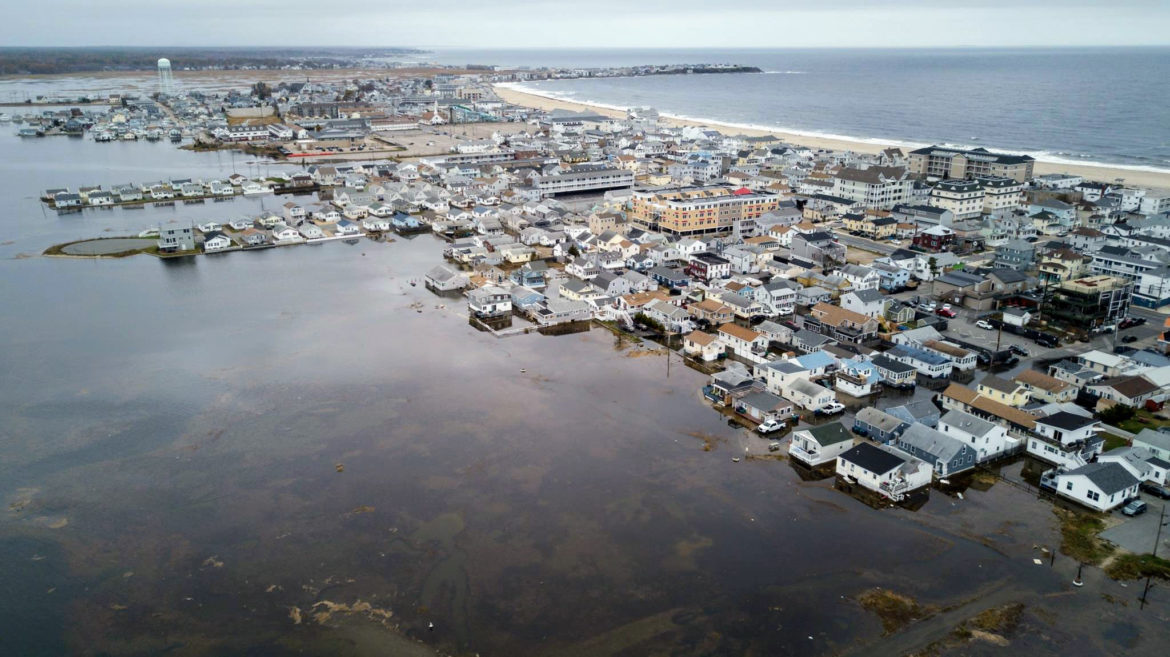By PAULA TRACY, InDepthNH.org
CONCORD – Close to 200 climate activists across New Hampshire got a sneak peek at the state’s new climate assessment and learned what the new normal might be for the state through the end of the century.
Expect shorter and wetter winters, warmer winter nights, and drier summers with big storms and coastal flooding impacting infrastructure not built for such regular events, they were told.
The virtual meeting Monday night included remarks and data from the state’s climatologist, Dr. Mary Stampone, and Dr. Cameron Wake. both of the University of New Hampshire, and a lengthy question and answer period on Zoom.
They detailed the science behind their assessment and the variations in predictions based upon what humans can do to mitigate the issue and the global need to reduce man-made emissions.
Temperatures in the Granite State have risen more than 3 degrees on average since the beginning of the 20th Century and accelerated particularly since 1970, they were told.
Looking at data from 10 communities from Colebrook to the Seacoast and parts in between, the data shows an increase in hotter and wetter weather in the north and east in the state, including coastal areas, and an increase in hotter and drier weather in the west and inner parts of the state, Stampone said.
“New England is warming faster than the rest of the country,” she said.
She said data predicts earlier snowmelt, earlier ice-out on the lakes, and longer periods of spring and fall. This could lead to an increase in invasive species and disease-carrying insects, decreased heating degree days, but increased cooling days as well.
Infrastructure like pavement and culverts, built years ago and not designed for high surface runoff from water and coastal regions, are expected to be particularly impacted. A lot of pavement is going to go with storms.
“Climate change is happening now but we still have time to address it,” Stampone concluded.
Wake said there are variables to future scenarios but focusing on two models of 29 through the year 2099, he said globally we have a choice before New Hampshire ends up climatically like the Southeast U.S.
“We have considerably lost the character of winter we grew up with,” he said, but there are significantly different scenarios for the future.
“We have to do mitigation and adaptation simultaneously,” Wake said.
Wake added that consumers need to hold businesses and industries accountable for their impact on climate but he warned not to expect politics or government to be able to do everything.
“Do not wait for your government to solve this. They do not have the resources.”
The climate report, which is now at the printers, will serve as an opportunity for lawmakers and communities to look at the science and help inform policy going forward and get the state together on a plan.
On March 28 from 7 to 8:30 p.m. there will be a further virtual discussion.
The New Hampshire Network has more information at https://www.newhampshirenetwork.org/






